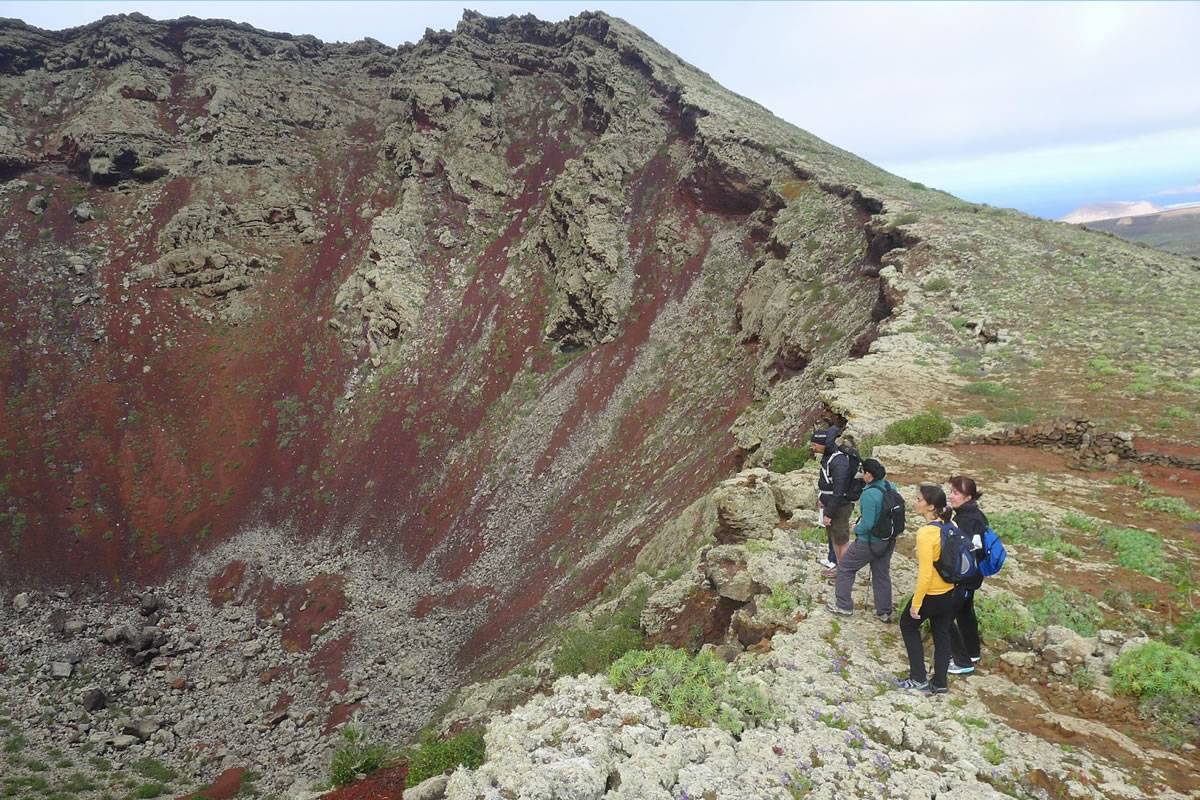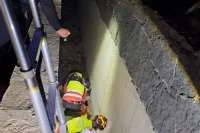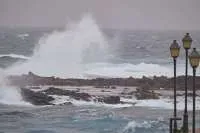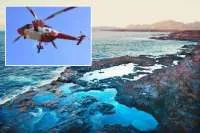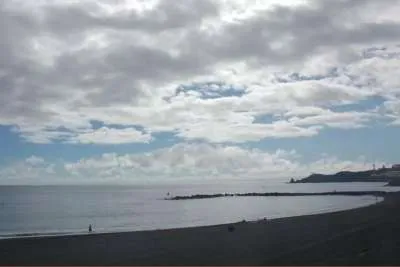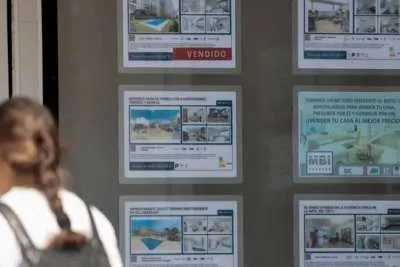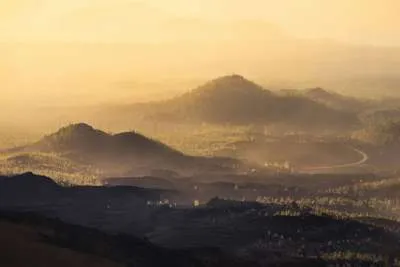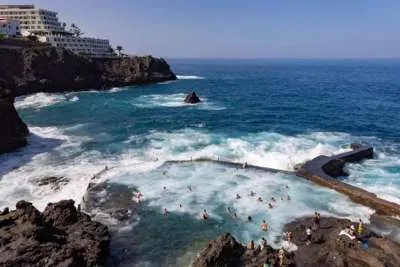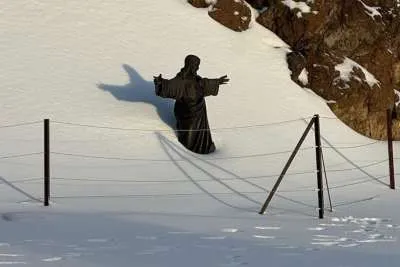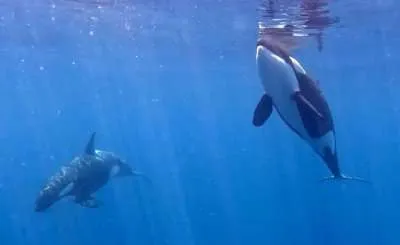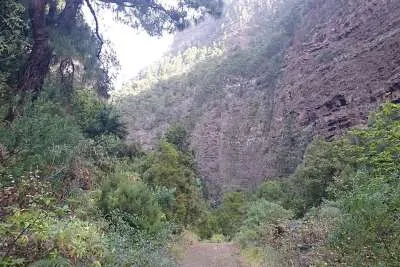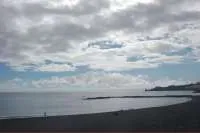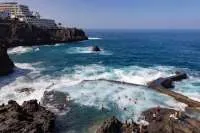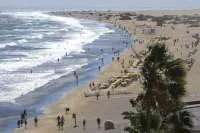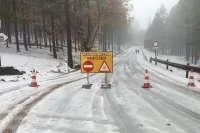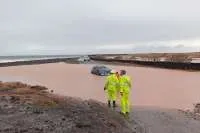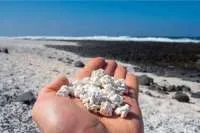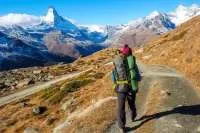Tourist guides demand controlled access to natural areas to preserve them
- 29-12-2023
- Lanzarote
- Canarian Weekly
The Active Tourism Association of Lanzarote, an organization representing a significant number of authorized tourist guides, issued an appeal yesterday (Thursday) for measures to be taken to safeguard natural areas. The demand is based on "the deterioration that these spaces are undergoing," as stated in a public statement, due to "people entering protected areas without any control and ignoring regulations."
As examples of environmental damage, cases involving the La Corona Volcano and parts of El Golfo are highlighted. These incidents were caused by people disregarding warnings posted around natural areas, primarily for capturing images later shared on social media. In more than one case, the shared content clearly illustrates the harm inflicted on the environment.
"We do not want the sector to be adversely affected by these actions," warns José Luis Rubio, President of the Active Tourism Association of Lanzarote, emphasizing that "we, for many years, have been responsible for providing information and raising awareness, preventing many incidents from occurring."
Among other things, the association calls for the drafting of regulations governing access and use of natural spaces. Additionally, a greater level of surveillance is considered a priority, as conveyed by the collective, which is part of the Tourism Federation of Lanzarote.
Extensive Experience in the sector is required
"It's not just a matter of prohibition and signage, which is practically non-existent, but also of awareness and education," says Rubio. He also advocates for the implementation of control measures to guide people to natural spaces, ensuring that the process occurs "in an orderly and regulated manner, guided by industry professionals who are familiar with the environment and know what they are talking about."
It is worth noting that authorized guides must have specific qualifications and authorisation from the Government of the Canary Islands.
Several professionals with over twenty years of experience in the sector are present, including biologists, geologists, volcanologists, botanists, and mountain guides. They possess extensive training, language skills, and many hours of direct observation of the terrain, coupled with an above average level of environmental awareness. The association calls for resources to protect natural areas from unwanted visits.
Other articles that may interest you...
Trending
Most Read Articles

Featured Videos
A Vision of Elvis Tenerife Promo
- 10-05-2025
TEAs 2025 Highlights
- 17-11-2025


